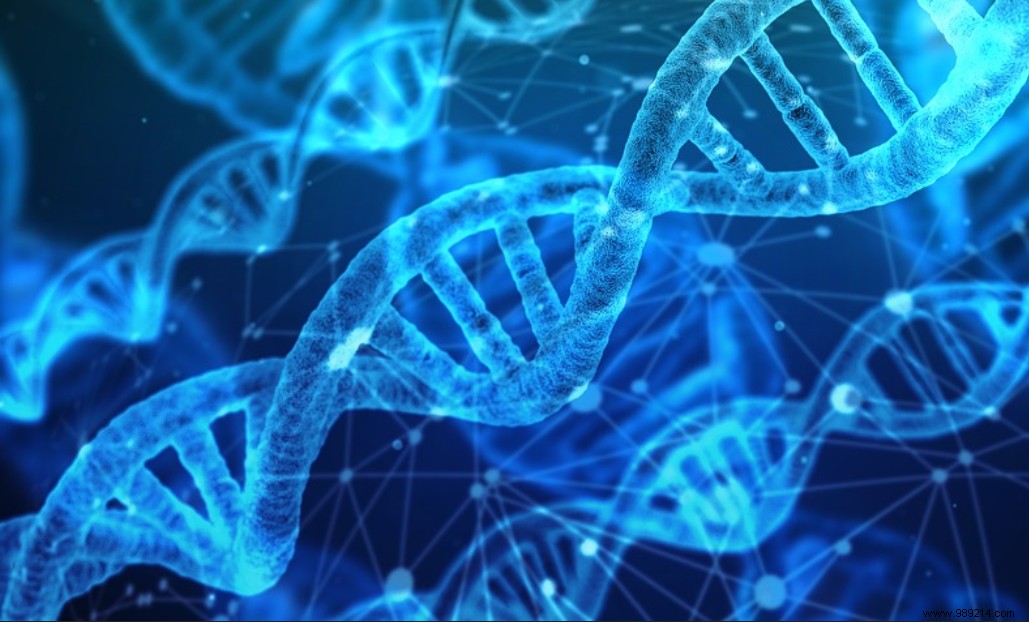French and Estonian researchers have leveraged artificial intelligence to create unique synthetic human genomes—DNA sequences that belong to no one. What does this mean for genetic engineering?
Back in 2017, the Human Genome Project-Write aimed to synthesize an entire human genome from scratch, sparking ethical debates around this pivotal advance in genetic engineering. Fast-forward to a peer-reviewed study in PLOS Genetics on February 4, 2021, where experts from the University of Paris-Saclay (France) and the University of Tartu (Estonia) unveiled partially synthetic human genomes. These aren't copies of real DNA; they're entirely novel, as if generated for fictional individuals—crafted by AI.
The team employed artificial neural networks and machine learning, training the AI on vast human genome databases to capture complex patterns like allelic frequencies. The result? Groundbreaking artificial genomes that mirror real ones' intricacies without replicating any donor's data.

These synthetic genomes are realistic yet fully anonymous, preserving key statistical properties from source data—such as allele prevalence in populations—while ensuring no individual ownership. This distinction is crucial for advancing science ethically.
In biomedicine, genetic datasets are goldmines but often restricted by privacy laws. Synthetic genomes sidestep these barriers, enabling researchers to model biological traits via AI without compromising confidentiality. While the study highlights these immediate benefits, broader applications in genetic engineering remain an exciting frontier for future exploration.